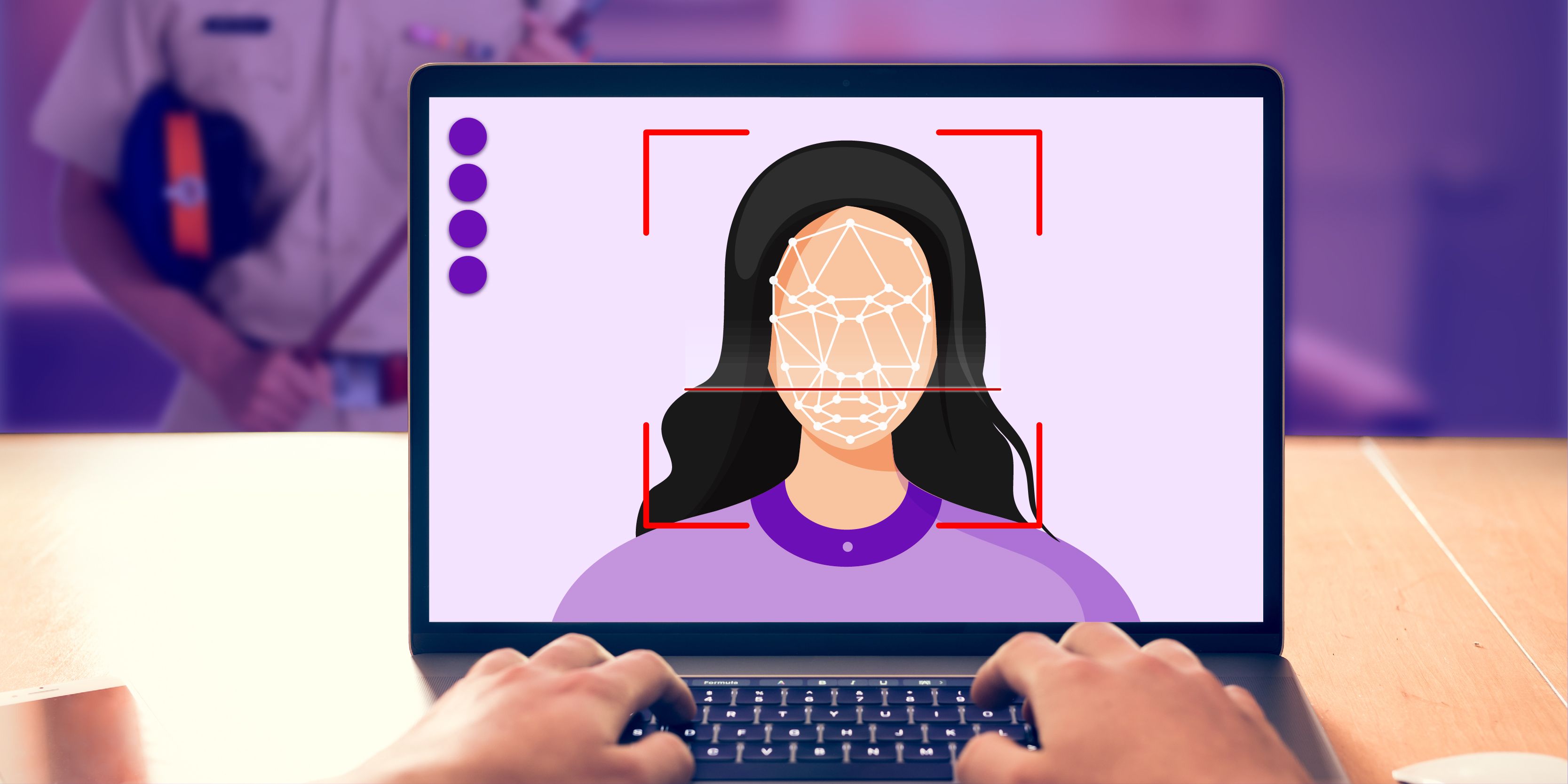Founded by IIM alumni, Reniso homes in on property management model for absentee landlords
End-to-end property management firm Reniso offers services such as property monitoring, leasing, maintenance, renovation, legal, sale and purchase, and loans.
Investing in real estate properties is usually considered to be a safe bet. Very often, people buy houses and apartments, but often do not have the intention of living in them. Managing such properties is tough, and here's where Reniso comes into the picture.
Delhi-based real-tech startup Reniso helps owners staying away from their properties to remotely manage them. From undertaking repair and maintenance works and searching for tenants to insuring the property, Reniso helps these absentee landlords keep a tight grip on their properties.
First thought of in 2014, Reniso was founded by IIM Ahmedabad and IIM Calcutta alumni Nishit Sharma and Alok Srivastava. The company was formally launched in April 2017.

Nishit and Alok were schoolmates at Mother’s International School in New Delhi. Alok is a BTech graduate from IIT Delhi and has worked with the likes of JP Morgan, Lanco and Rivigo. Nishit is an alumnus of NSIT (Netaji Subhas Institute of Technology) in Delhi and is a former investment banker and a private equity investor with various Indian and multinational institutions like the ICICI Bank, Milestone Capital, and AMP Capital.
Nishit, Co-founder of Reniso, says: “Strangely, we were both involved in a small way in helping our near and dear ones in their property management, and we both realised there was huge business potential as far as property management of these landlords are concerned.”
The duo started working on the idea and launched their website in 2017. The startup now employs a 40-member team, including the two co-founders. The Reniso app is still under development and will be ready in the next two months.
How it works
In a typical marketplace, the owner has to rely on peer review to judge a service provider. “But ours is a curated model. Unlike the regular marketplace, the owner doesn’t have to take a leap of faith based on another person’s experience. The owner basically appoints Reniso as the property manager and it is Reniso’s job to select the broker, vendors, contractors, legal advisors, tax consultants, and repairmen. Essentially, the number of interface the owner has to interact comes down to one – Reniso. The owners save their time and energy and get a better deal on services as we have got a bulk rate negotiated with all the service providers through a large volume of properties managed by us.”
Alok says, “As of now, we have over 400 properties in Delhi NCR, with a total inventory size of more than 4 lakh square feet. We don’t charge the landlords to manage their property at present. Property management is an umbrella term. We take away the hassle of landlords who earlier used to pick from a plethora of service providers/contractors. At Reniso, we are accountable to landlords. It is our responsibility to ensure all work done are to the satisfaction of landlords.”
Business model
The startup has a built-in margin in the rate charged by service providers for each service provided to the landlords. Nishit says, “We earn fees from the services provided to landlords. We earn on a per-transaction basis.” The landlord gets updates on his/her dashboard on the Reniso portal as and when the transaction gets completed.
The company follows an asset management approach. Alok says, “There are three stages - asset preservation, asset enhancement, and return on assets. Let’s say someone has a property in Noida; they got possession last year and have not been able to monetise it. We send our team to inspect the property and look at what is the status of property and come out with a report – called Reniso Property Inspection report. We also come out with an assessment on the property's tenant friendliness and give these reports to the landlords.”
He adds, “As many landlords stay abroad, there are time zone issues for tenants and landlords to interact. So, Reniso acts as the point of contact in case tenants want anything from landlords.”
With many landlords looking out to buy additional properties, the startup also helps them connect with financial institutions to get loan through collateral.

Challenges faced
As owners generally trust their friends and relatives as far as managing properties are concerned, Reniso initially faced the “trust deficit” challenge from landlords. “We realised there are a lot of properties lying vacant, because people don’t trust outsiders as far as giving control of management, except their kith and kin. We started working on bridging this trust deficit by offering free property insurance and giving comprehensive reports and background information on tenants.”
The startup also gets background information of tenants from the employers of tenants, Cibil score and liaising with police on preliminary police verification, etc. Reniso also started customising rent agreements for every landlord through its panel of lawyers.
Revenue and the competition
Reniso is currently in the customer acquisition stage. “The revenue is not the focus currently. Currently, we are in the volume acquisition and client servicing stage,” Alok says . The startup has recently raised an undisclosed amount in seed funding round from HNIs.
Reniso claims it has no direct competition. Alok says, “Our direct competitors are friends and family members of landlords. Under the property listings, Reniso competes with 99 Acres and as far as repairs and maintenance is concerned, it competes with Urban Clap.”
Initially, the startup reached out to landlords staying abroad. But it has now started to tap owners staying far away from properties in the same city. “We have started getting business from owners who stay just four blocks away, but do not have time to manage the property,” Nishit says .
India's real estate market is expected to reach $180 billion by 2020 from $126 billion in 2015, according to a joint report by CREDAI and JLL. Residential real estate comprises about 70-80 percent of the total real estate market. In the current residential real estate market, lakhs of houses are lying vacant. Nishit says, “About 10-20 percent of apartments in areas like Noida and Gurugram are vacant.”
Reniso is also testing deep level Machine Learning (ML) projects to add to the automation in its inspections, leasing, and maintenance processes. All of this is managed through an asset management approach to ensure the longevity of the owner’s most prized asset. By the end of this financial year, the startup plans to get about 5,000 properties under its management; by 2020, it plans to get about 15,000 properties under its fold.











